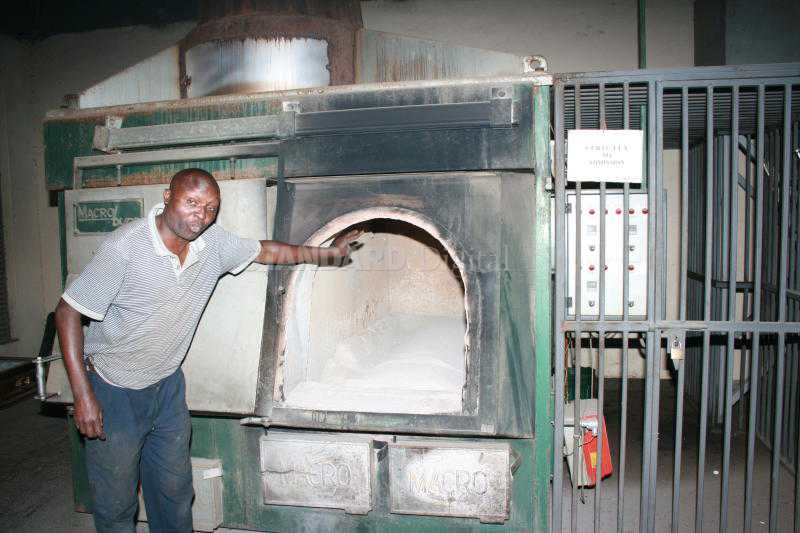×
The Standard e-Paper
Home To Bold Columnists

When David Wanjohi, Nairobi County’s senior funeral superintendent, supervises the cremation of Kenneth Matiba today, some of the politician’s ardent followers across the country will be dejected.
In the past few days, residents of his home county of Murang’a has been urging the family to reconsider its stand on his cremation to no avail.